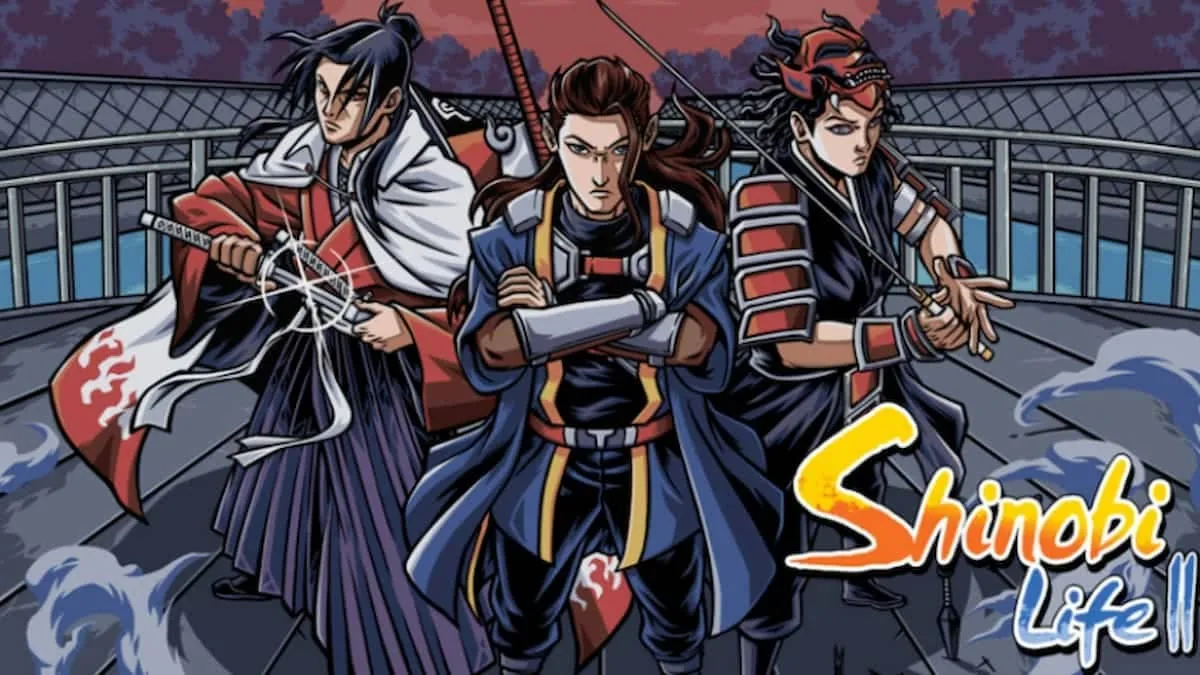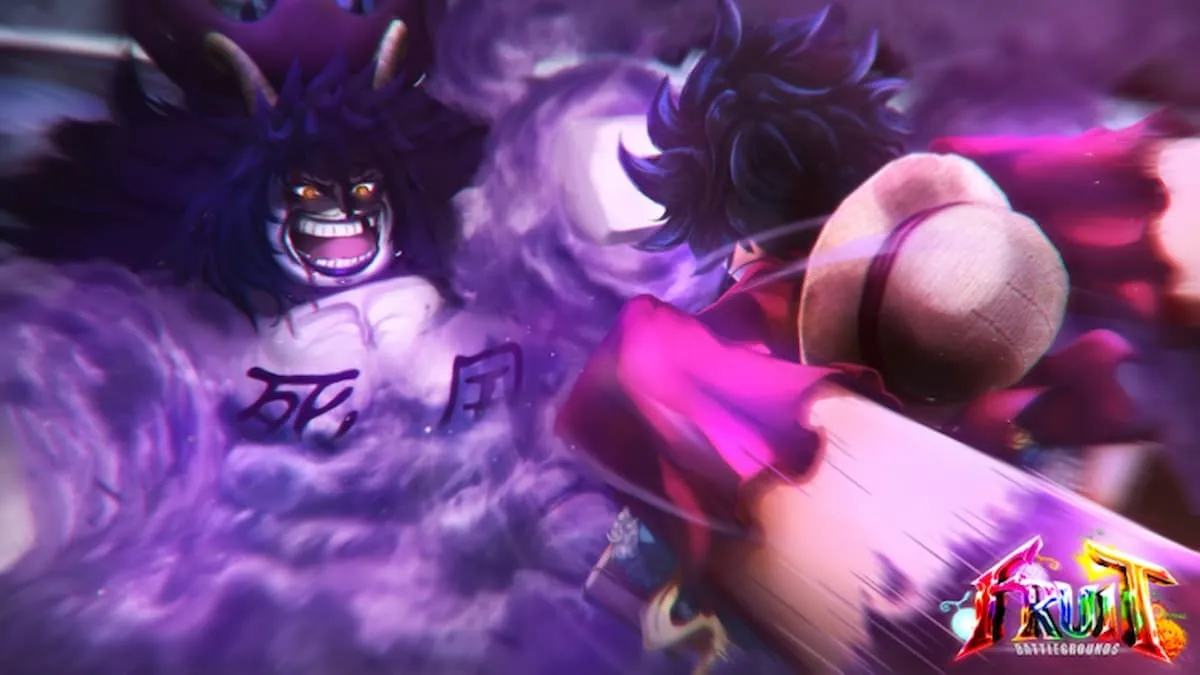Before I graduate as a Game Designer at University, I thought I’d share my ups and downs with you. Games Design as a course is a fairly new concept, meaning there is still a lot to be developed and some tweaking is needed. But In my experience, it’s been awesome!
Here are the up sides to game design classes (I list the down sides later in the article).
Learning Awesome Stuff
Throughout the course, there are many separate modules all in which contribute to becoming a game designer or at least something around the field of work. One of the primary good aspects was going home and showing friends and family what I’d learnt. For example, I learnt how to build a website, create a game and an animation. During the module, I would go home and show people what I’d made, because I was proud and it feels good to see your own game/website/animation running smoothly or available to the public.
As I have always been passionate about games design, I also found that learning different field areas was helpful. The course offered me 3D modelling and animation, which I thoroughly enjoyed. If it wasn’t for the course I’d have never dived into it. Additionally, from learning these skills I can show them on my portfolio to gain employment opportunities and I know now that I’d happily take up a job in 3D modelling.
There’s just something about learning new skills, programming languages, softwares that creates excitement.
Getting in to The Nerd Squad
As a gamer and games designer, going to study game design really brings you close to people in similar interest. What other people call “nerds” or “geeks” will become your best friends. From my experience, we had so many hardworking late nights and all nighters – yet in those hardworking times we all watched Game of Thrones while working, and played some games of Dota 2 every now and then. Overall it just makes hard work a lot more fun and sociable.
Along with this perk, creating a project with a member of the course can give many benefits. With good, close communication, you and a team can experiment with newly learnt skills and often it’s used in portfolios or even published to make some extra pocket change (if successful).
Industry Experiences
During the course, all I wanted to do was get into the games industry. With the help of university, I was able to get a few good experiences of what it’s like inside the industry, and a chance like that is valuable enough to get yourself noticed enough to get a job in the long run. I was able to test games, go on tours, meet some experts and have a laugh with them.
I originally though it would be scary meeting the “big guns” of the industry, but after going to conventions and meet-ups, it’s often just a bit of chatter and a pint (or 9, if you enjoy a good beverage such as myself). But that is enough to get you noticed by the people who would be willing to hire in future. These opportunities are great, and they really inspired me further.
The Passion
If you have a strong passion for games design (or anything similar), doing a game design course at university is definitely a way forward. The whole process of learning, testing, gaming and more truly encourage a passion for the games industry and other media. Anyone with a passion for games should definitely give it a try, you might end up being a successful designer one day with many creative or successful published games, living the dream.
“Game Designers are responsible for devising what a game consists of and how it plays. They plan and define all the elements and components of a game: its setting; structure; rules; story flow; characters; the objects, props, vehicles, and devices available to the characters; interface design; and modes of play.”
(Creative Skillset, 2013).
Downsides:
Hard Work (to some degree)
Although what I’ve said sounds a lot like fun and games, it is still a degree at the end of the day. This means a lot of academic writing, referencing everything, planning and hard work. The workloads aren’t really that bad if you have good time management skills, however as students it’s very often that it piles up close to the deadline.
Creating a game is not easy and takes a lot of effort, this means creating a good game document or product will take time and effort.
A Lot of the Courses could be Improved
As game design is a fairly new concept for a university study, I found that some of the modules weren’t particularly what I expected. I’m not complaining here as I know this is important, but we have had marketing and photography modules which I found boring and slightly irrelevant. I definitely see the importance to those modules, however they didn’t appeal to me personally. So what I’m saying is not every module will float your boat.
The End Result
As you might not know, getting a job in the games industry is incredibly hard. The chances are slim. Gaining a degree in games design might give you a better chance than someone without, after creating several projects and gaining industry experience, it’s definitely a possibility. However, the risk is not getting the job you’d like.
Doing the degree, like any other doesn’t automatically get you a job, especially in the current financial situations of the world. Although it’s a really fun course and could give you a head start in reaching that big goal of being in the industry, it carries a risk in which costs a big tuition fee.
Just My Experience
I’m simply writing this from my own experience and in my opinion. Just a little something to read before applying or if you think you could be interested. I say go for it, give it a shot, make your ideas into games! Good luck!
Daniel Willis






Published: Jan 30, 2014 08:35 am